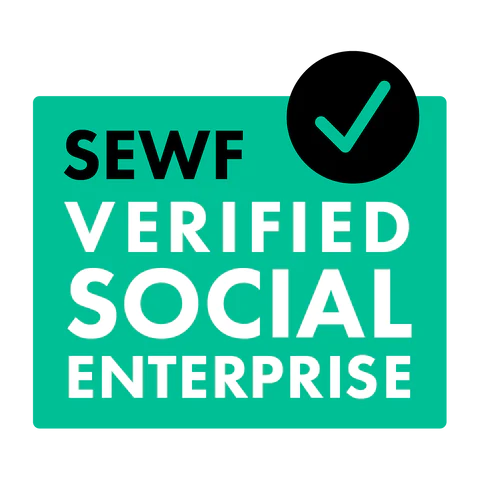As a Small to Medium Enterprise (“SME”) business owner, what is your appetite and capacity to comply with the Modern Slavery Act 2018 (Cth)?
Have you ever been asked to complete a Self-Assessment Questionnaire (SAQ) but were not really sure what to say?
The business world is rapidly changing – and not simply because of the ongoing impact of the Covid-19 pandemic! Increasingly, investors and consumers are taking an active interest in what companies are doing to address a range of environmental, social and governance issues (ESG) that are amplified in the UN Sustainable Development Goals and the Guiding Principles for Business and Human Rights.
When it come to the reporting mechanism of the Australian Modern Slavery Act, we have recently entered the third reporting period with many large companies due to submit their Modern Slavery Statement by 31 December. As compliance to the MSA advance, there is a mounting knock-on effect in the market. Not only are the some 3,000 entities being asked to state the risk of modern slavery in their supply chains and operations (including investments), there is a growing need for their first-tier suppliers to demonstrate various levels of compliance as well. The average SAQ expects adherence to FairWork and OHS standards we well as a call to commit to a Supplier Code of Conduct, and evidence of a policy on human rights including modern slavery. This can be daunting for many smaller enterprises who may not have the organisational appetite and capacity for ethical sourcing and for doing due diligence.
However, it’s fast becoming the case that having a clear policy on climate change and human rights is no longer a ‘nice to have’ or ‘good idea’. It’s fast becoming essential, and those business leaders that have the appetite for it, along with the right resources, are the ones who remain agile with a licence to operate.
As a consultant on modern slavery to both large and small companies, I see the tension that many leaders are facing when it comes to investing in ESG compliance; to overcome the ‘nice to have’ mentality.
For those business leaders who really lack the resources for change, but what to make a start, here are three things I recommend you do:
1) Select the top 3 issues you want to focus on and over three trimesters (14 weeks each) create a project to take action on each one
2) Develop a policy/position statement for each issue or e.g., a combined ‘human rights’ statement. This may be aspirational at first but state what you plan to do to make tangible.
3) Develop a plan to source ethically made products in stages (by product category), say over a 3-6 month period. Consider categories like stationery, food and beverages, apparel, merchandise, technology etc.
When it comes to being ethical and sustainable, the overall change is this: to make your intentionality around value and purpose the same as the drive for profits.
If you would like to download our MSA SME Toolkit, click on this link: https://lnkd.in/gNm3Mx2u





